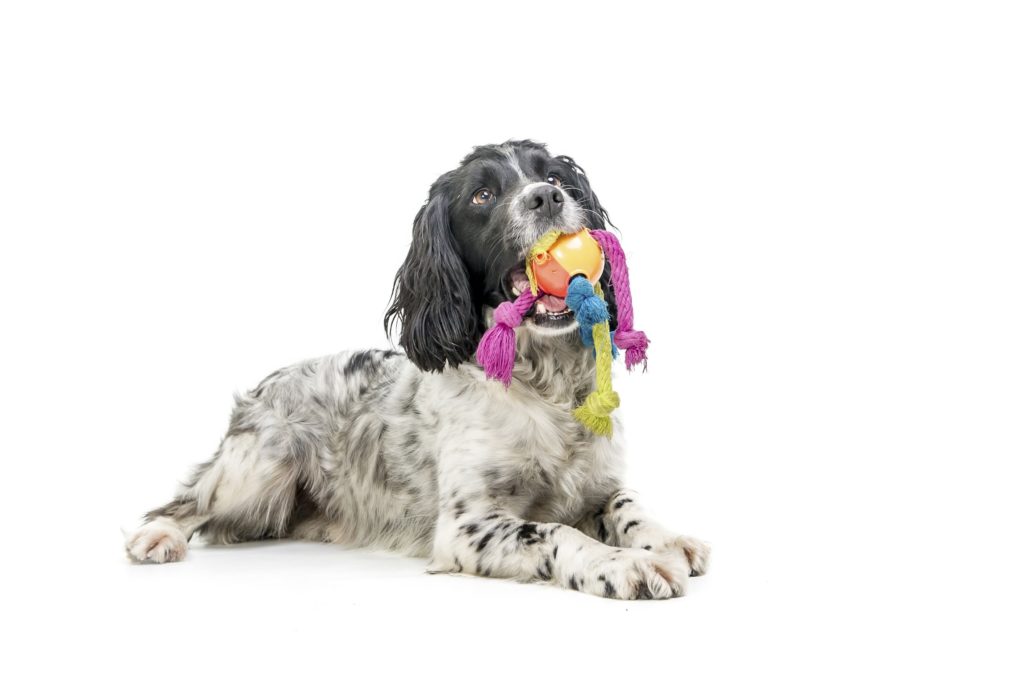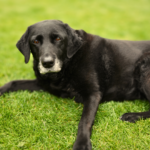
With their expressive eyes and ever-wagging tail, the Cocker Spaniel has become a familar and loved breed throughout many Australian homes. Ever willing to please, energetic and more than a little sensitive, American and English Cocker Spaniels are among the best companion breeds. But, like any breed of dog, they have some susceptibilities and a few traits that as an owner or ‘considering owner’ you should be aware of.
1. Cocker Spaniels and Eye Diseases
Those soulful eyes can be cause for concern in Cocker Spaniels. Cataracts, Cherry eye and progressive retinal atrophy are more common in Cocker Spaniels than some other breeds and as an owner, you will need to be aware of what to look for. When inspecting your puppy for the first time be sure to ask the breeder about the parents’ eye history. Have they ever had eye surgery and is there a history of eye problems? Are good places to start the most important question ‘Have the parents been clear eye tested?’.
Cherry Eye, where the eyelid prolapses, as well as Cataracts, are treatable with surgery. However, progressive retinal atrophy is a much more serious issue and will eventually cause total blindness – If your Cocker Spaniel hasn’t developed symptoms by the time they are two then you may well be in the clear.
Paying close attention to your Cocker Spaniel’s eyes are a must for owners, keep them clean and protected and you’re more than halfway there.
Breed Tip: Keep on top of the discharge that is produced from your Cocker’s eyes. If you’re noticing an increase check the eyelids and make sure you’re using a clean, metal food and drink bowl.
2. Cocker Spaniel Ear Infections
Those long fluffy ears which are so adorable also require lots of attention in Cocker Spaniels and their regular upkeep is part of the package. A breed trait that once helped them to track prey by scent funnelling, your Cocker Spaniel’s ears are particularly vulnerable to infection and more. Humidity and poor air circulation coupled with your Cocker’s ears getting wet and dirty make for the perfect mix for yeast infections, cankers and ear mites. Keep an eye (or nose) out for a smelly, waxy discharge in the ears and constant tilting and scratching of the ears, which indicates something is amiss.
The good news is that the above ailments are easily avoided by regular cleaning and keeping the ear hair around the canal nice and short. In the case that infection does get out of control you’re in for a trip the vet – trust us when we say prevention is better than the cure for this one.
Breed Tip: Invest some Dig-In as a preventative and ongoing measure to help keep your Cocker’s ears in check and you may want to get a higher narrower water bowl that will stop your Cocker’s ears from dipping.
3. Cocker Spaniels and Over Eating
Cocker’s are famous for overeating and being slightly more ‘rotund’ then they should be. Those big soulful eyes we mentioned earlier are easy to blame and often mean that owners ‘drop’ the occasional scrap succumbing to the gaze. As an owner, you’ll need to be pretty iron-willed and very mindful that despite their soft looks they are in fact a working dog and will either require a lot of exercise or less food. A healthy Cocker Male weighs between 13-16 kg and a female 12-15kg. Slightly less, if you have an American Cocker Spaniel. As a general rule, you should be able to see a tuck in the waistline when looking down on your dog and be able to feel the bumps of their ribs and their spine, if not then it might be time to either increase their daily exercise or cut down on some food. For more tips on how to maintain your dog’s weight make – click here.
If you find that you’re Spaniel is still gaining weight then this could be an indication of something more serious especially if not accompanied by appetite and may require veterinary intervention.
4. Separation Anxiety & Cocker Spaniels
All dogs suffer from separation anxiety, the severity of which can sometimes be breed related. Cocker Spaniels are very much people dog’s and they have a high desire to be around their favourite people, when they’re left to their own devices for too long this breed can become destructive and as a soon as you do make an appearance this little guy will go way over the top to let you know how GREAT it is that you’ve come back. There are things you can do to minimise the effect of separation anxiety on your dog but just bear in mind that Cocker’s are a breed that can be more susceptible than most. Read our article on identifying separation anxiety here.
5. Lip Fold Dermatitis aka Cocker Mouth
As an owner, you may have noticed that your Cocker’s mouth can become very smelly. Which may be the result of foreign bodies and or teeth problems. It pays to occasionally, look through your Cocker’s mouth and make sure there is no obstruction. If you’re noticing the smell continues despite there being no obstructions you should make sure the fur around the mouth is neatly trimmed as longer fur can lead to infection by trapping food particles.
All in all the Cocker Spaniel is a robust, energetic pup that is always eager to please. Owners will attest to their sensitive kind natures and also their infallible loyalty. With their soft wavy coats, soulful eyes and easy going attitude the pro’s of owning a Cocker well outweigh any negatives – but you should be aware from the outset, we hope we’ve helped.
Update: Under new legislation that each state government is either enacting or considering, all breeders will be strictly controlled. However, it is best to talk to one of the Cocker Spaniel Clubs to find out who are the best breeders.
For more information, the below Australian Breed Standard documents for Cocker Spaniels are provided by the Australian National Kennel Council at and are certainly worth checking in with.
Do not rely on the information on our website as an alternative to medical advice from your veterinary doctor. If you think your pet may be suffering from a medical condition, seek immediate medical attention.
References
- Cocker Spaniel Ideal Weight https://www.about-cocker-spaniels.com/cocker-spaniel-weight.html
- Ear Infections in Cocker Spaniels https://www.about-cocker-spaniels.com/dog-ear-infection-symptoms.html
- Bondi Vet Breed Overview https://bondivet.com/dogs/cocker-spaniel
- Cocker Spaniel Health Problems – https://www.dogzhealth.com/cocker-spaniel-health-problems/
- The Nest Genetic Diseases of Cocker Spaniels https://pets.thenest.com/genetic-diseases-cocker-spaniels-5201.html






